OTRĀ SEMESTRA NOSLĒGUMA TESTI
Learn: imagine the warmth of a cozy campfire, the glow of candles on a birthday cake, or the roaring flames of a bonfire lighting up the night. Fire can be magical and useful, but it can also be dangerous if not handled safely. In this unit, you’ll explore words that spark curiosity about fire and teach you how to stay safe around it.
Word bank:

match — [mætʃ] — a short, thin stick made of wood or cardboard and covered with a special chemical at one end that burns when rubbed firmly against a rough surface
She struck a match against the box to light the candles during the power outage.
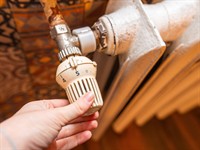
overheat —ˌ[əʊ.vəˈhiːt] — to (cause to) become hotter than necessary or wanted
If the laptop doesn’t have proper ventilation, it can overheat and shut down unexpectedly.
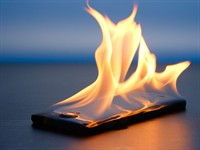
burn — [bɜːn] — to be on fire, or to produce flames
Be careful not to burn your fingers when roasting marshmallows over the campfire.
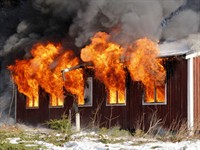
backdraught — [ˈbæk.drɔːft] — a dangerous explosion of flames that occurs when a fire in an enclosed space gets a sudden influx of oxygen, for example, when a door or window is opened, letting in fresh air (*British English)
backdraft — [ˈbæk.dræft] — a dangerous explosion of fire due to sudden oxygen exposure (*American English)
The firefighters were cautious entering the burning building to avoid a dangerous backdraught caused by the sudden influx of oxygen.
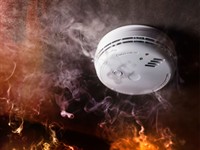
smoke detector — [ˈsməʊk dɪˌtek.tər] — a device that makes a loud noise when there is smoke present to tell people that there is a fire
The smoke detector went off as soon as the kitchen filled with smoke from the burnt toast.
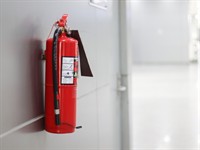
fire extinguisher — [faɪər ɪkˌstɪŋ.ɡwɪ.ʃə] — a device containing water or a special gas, powder, or foam (= a mass of small bubbles) that is put onto a fire to stop it from burning
Make sure you know where the fire extinguisher is located in case of an emergency.
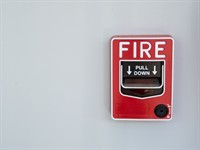
fire alarm — [ˈfaɪər əˌlɑːm] — a device such as a bell or siren that warns the people in a building that the building is on fire
When the fire alarm went off, everyone quickly evacuated the building to safety.
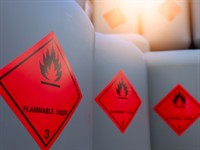
flammable — [flæm.ə.bəl] — able to catch fire easily
Make sure to store flammable liquids in a cool, dry place to avoid accidental fires.

fire hazard — [faɪər ˈhæz.əd] — anything that could potentially start or spread a fire
Leaving piles of paper near a heater is a serious fire hazard and should be avoided.
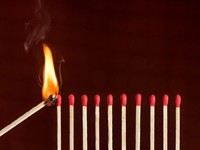
ignition — [ ɪɡˈnɪʃ.ən] — the act or process of something starting to burn
The ignition of the dry leaves quickly spread the fire across the field.
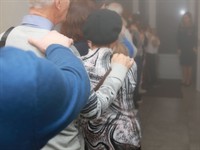
evacuation — [ɪˌvæk.juˈeɪ.ʃən] — leaving a place or building to stay safe from danger
The evacuation of the building was swift, thanks to clear exit signs and well-trained staff.
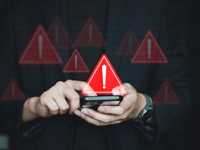
emergency — [ɪˈmɜː.dʒən.si] — something dangerous or serious, such as an accident, that happens suddenly or unexpectedly and needs fast action to avoid harmful results
In case of an emergency, always dial 911 for immediate assistance.
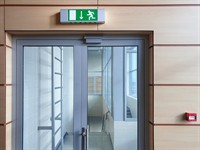
emergency exit — [ɪˌmɜː.dʒən.si ˈek.sɪt] — a designated way out of a building in case of emergency
The emergency exit was clearly marked with a green sign to guide people during an evacuation.
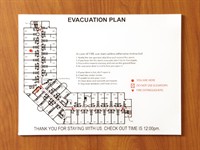
emergency evacuation plan — [ɪˈmɜr.dʒən.si ɪˌvæk.juˈeɪ.ʃən plæn] — a pre-planned route to exit a building safely during an emergency
In case of fire, it's crucial to follow the emergency evacuation plan to ensure everyone's safety.
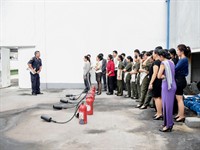
fire drill — [ˈfaɪə drɪl] — a practice exercise to prepare for a safe evacuation during a fire
During the fire drill, everyone practiced evacuating the building in under five minutes.
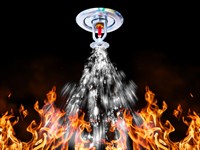
sprinkler system — [ˈsprɪŋ.kəl.ə ˌsɪs.təm] — an automatic system that sprays water to extinguish or control a fire
The building is equipped with a sprinkler system to help control fires before they spread.
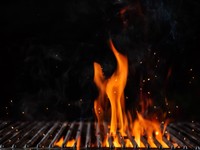
flame — [fleɪm] — the visible, hot, glowing part of a fire
The flame of the campfire provided warmth and light on the chilly night.
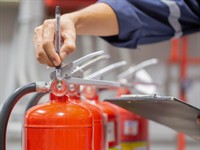
fire prevention — [faɪər prɪˈven.ʃən] — measures taken to reduce the risk of fires starting
Installing smoke detectors and keeping fire exits clear are key elements of fire prevention.
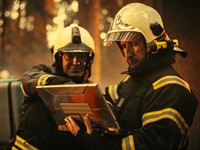
first responder — [ˌfɜːst rɪˈspɒn.dər] — a person (often a firefighter, paramedic, or police officer) who arrives first at the scene of an emergency
First responders, including paramedics and firefighters, play a critical role in saving lives during emergencies.
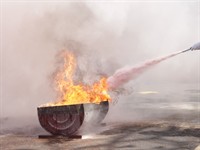
extinguish — [ɪkˈstɪŋ.ɡwɪʃ] — to put out a fire or flame
The firefighters worked quickly to extinguish the flames before they spread to nearby buildings.
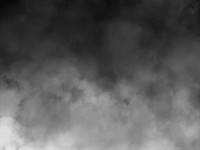
smoke — [sməʊk] — the grey, black, or white mixture of gas and very small pieces of carbon that is produced when something burns
There was so much smoke in the room that it was hard to see anything.
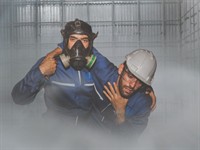
smoke inhalation — [smoʊk ˌɪn.hælˈeɪ.ʃən] — breathing in smoke, which can be harmful or deadly
Smoke inhalation can cause serious health issues, including difficulty breathing and lung damage.
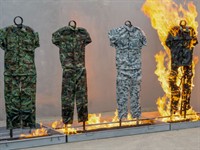
fireproof — [ˈfaɪə.pruːf] — a material or object designed to resist burning
The building was constructed with fireproof materials to prevent the spread of flames in case of an emergency.
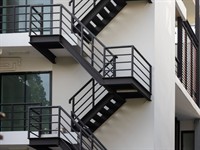
fire escape stairs — [ˈfaɪə r ɪsˈkeɪp steəz] — a ladder used to escape from an upper floor during a fire
The fire escape stairs were the only safe way out of the building when the main exits were blocked by smoke.
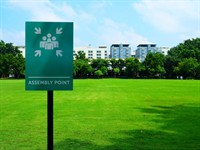
assembly point — [əˈsɛm.bli pɔɪnt] — a place where people in an office, etc. should go if there is an emergency, for example, a fire
In case of an emergency, please head to the designated assembly point outside the building.
Atsauce:
Picture "Fire Drill" - jigabphoto / Shutterstock.com